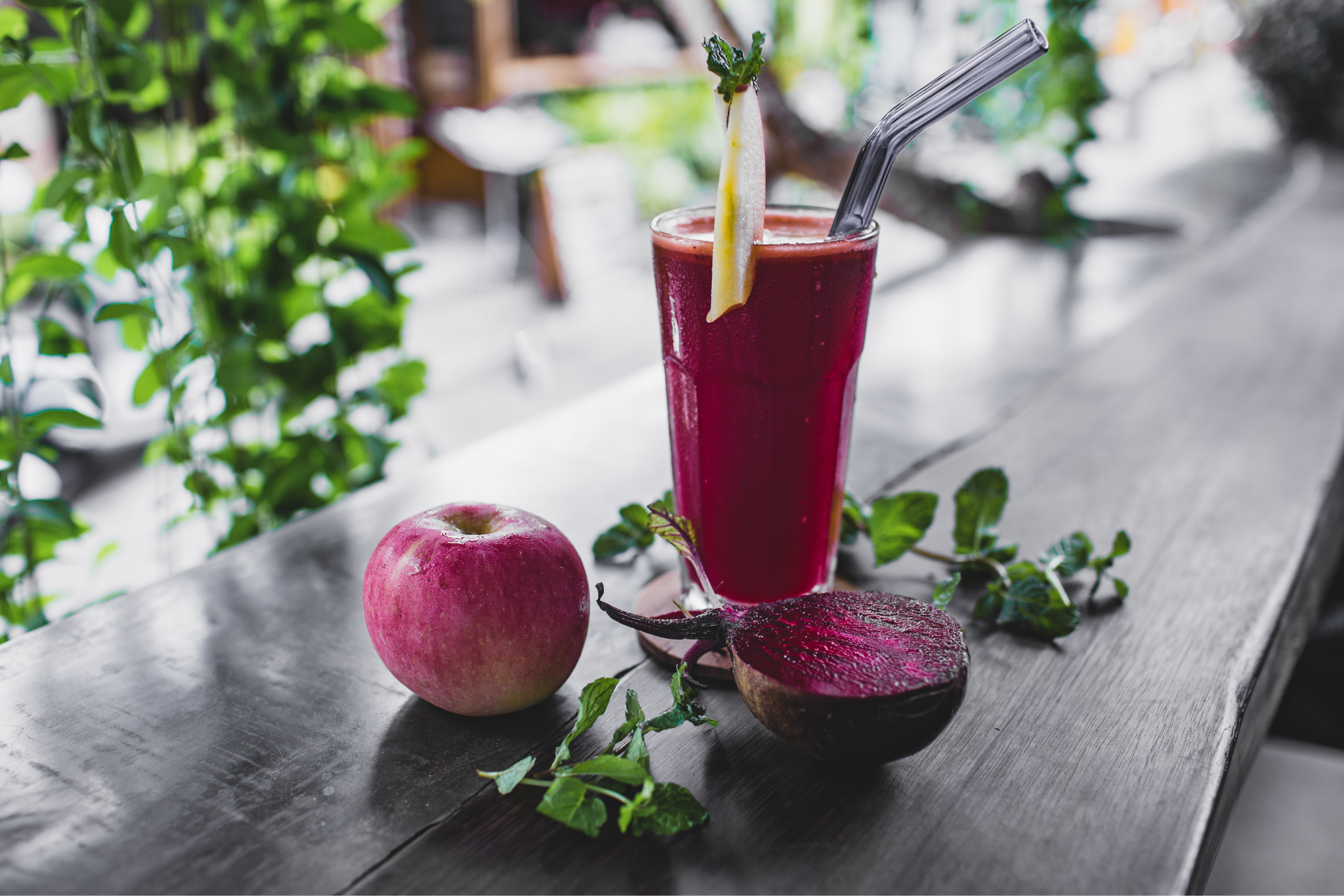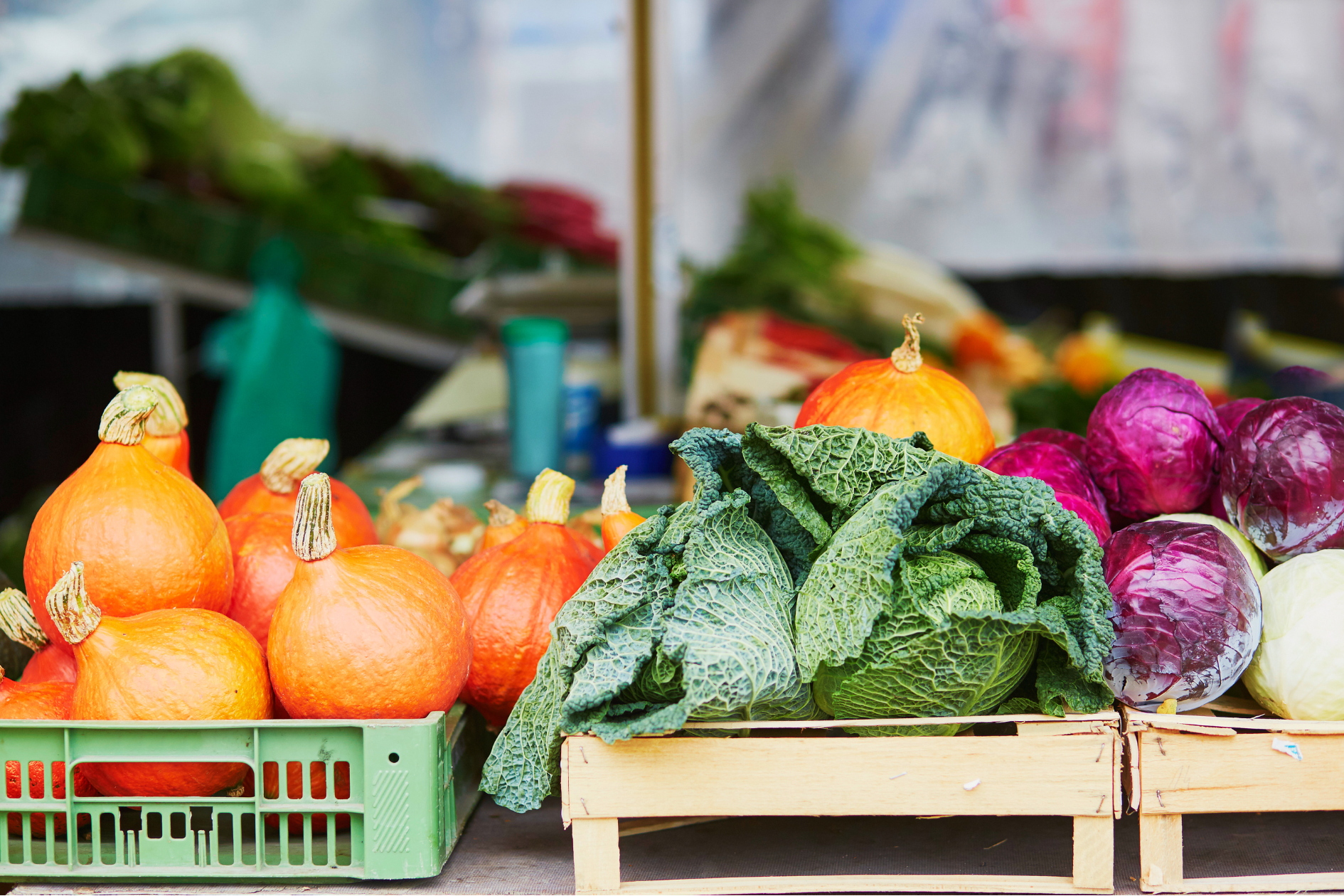The Top 7 Foods to Restore Hormone Balance
When it comes to balancing hormone levels, a healthy diet is the first place to start. Your body relies on certain types of food to build, maintain and eliminate hormones. If you’re not consuming the right nutrients, your hormones can easily start to fluctuate and cause symptoms like digestive issues, irregular menstrual cycles, depression, skin problems and more. In other words, it matters what you eat.
Here are some of the most effective foods for balancing hormones.
Healthy Fats
Incorporating a variety of healthy fats into your diet can have a big impact on regulating hormone levels. Your body uses fat to create the building blocks for hormones, so it’s important to have enough in your system.
1. Seeds and Nuts
Seeds and nuts keep your hormone levels in check by helping the body produce and metabolize hormones. For example, flaxseeds maintain the ratio between progesterone and estrogen, which helps to decrease the frequency of anovulatory cycles (a cycle in which ovulation does not occur). Not all nuts and seeds are created equal though. You’ll want to avoid those with added oil, sugar and artificial flavors.
Try some of these nuts and seeds to help balance hormones:
Pumpkin seeds
Chia seeds
Flaxseeds
Almonds
Walnuts
Cashews
Peanuts
2. Olive, Avocado and Coconut Oil
Despite popular belief, not all oil is bad for your health. Olive, avocado and coconut oil are high in heart-healthy fats that help your body absorb other vitamins (such as fat-soluble vitamins A,D,E and K). Other oils such as canola, palm, soybean, corn and safflower should be avoided due to their unhealthy fat content and inflammatory properties.
3. Fish
Certain types of seafood can help balance hormones because of their high levels of omega-3 fatty acids. This type of fat is an important player in preventing and treating hormone-related diseases including thyroid dysfunction and adrenal deficiency.
Best fish for hormone balance include:
Salmon
Herring
Anchovies
Sardines
Trout
Walleye
Halibut
High-fiber carbohydrates
Fruits, vegetables and whole grains keep your hormones balanced by helping your body clear out excess hormones. Choose organic products in these food groups whenever possible, since fruits, vegetables and grains very often contain pesticides, which are known endocrine disruptors. That said, it’s worth noting that nonorganic foods still contain plenty of nutrients that are valuable to hormone balance.
4. Fruit
Berries and whole fruits are packed with vitamin C and antioxidants–two important factors in balancing hormones. They’re especially effective at regulating progesterone and estrogen, which means they can promote regular menstrual cycles. However, too much sugar from fruit can negatively impact hormones, particularly with insulin and cortisol. Avoid juice and aim for about three servings of whole fruit and berries daily.
5. Vegetables
Cruciferous vegetables and leafy greens are the two best groups of vegetables for hormone balance. They primarily work with your liver to eliminate excess hormones. These foods are also rich in magnesium, which is key in managing PMS and PCOS symptoms.
Some of the best hormone-balancing vegetables include:
Broccoli
Brussel sprouts
Kale
Bok choy
Cabbage
Cauliflower
Spinach
Swiss chard
6. Whole Grains
Grains with a low glycemic index are best for balancing hormones. Slow-release grains prevent surges in insulin and blood sugar, which keeps your hormones (and overall health) in check.
Optimal whole grains include:
Quinoa
Basmati rice
Oats
Rye
Barley
Protein
High-protein foods contribute the amino acids required to produce hormones. Getting enough protein in your daily diet is essential for maintaining healthy hormone levels across all of your body’s systems. Although you can find protein in both animal and plant products, animal proteins are optimal because they contain all eight essential amino acids your body needs. If you’re unable to eat animal products, make sure to compensate by consuming extra plant proteins.
7. Animal Products
When choosing which animal products to buy, quality is important. Eating meat that has been grain-fed or injected with hormones can have negative impacts on your own hormones, especially estrogen.
Optimal animal products include:
Grass-fed / grass-finished beef
Organic and/or pasture-raised chicken & turkey
Organic and/or pasture-raised eggs (Vital Farms is a good option)
Organic, grass-fed Milk (Maple Hill is a good option)
Organic Kefir
Organic Yogurt
Holistic Hormone Balance
A hormone imbalance can stem from numerous health factors, which means finding the root cause requires a holistic approach. In addition to nutrition plans, my practice integrates lab testing, lifestyle changes, supplements and more to improve your hormone balance. Reach out to learn more about how this approach can help you.
Resources:
https://pubmed.ncbi.nlm.nih.gov/8077314/
https://pubmed.ncbi.nlm.nih.gov/12480795/
https://www.ncbi.nlm.nih.gov/pmc/articles/PMC3976923/
Written by Maggie Twaroski
Medically reviewed by Dr. Natalia Pellegrino




